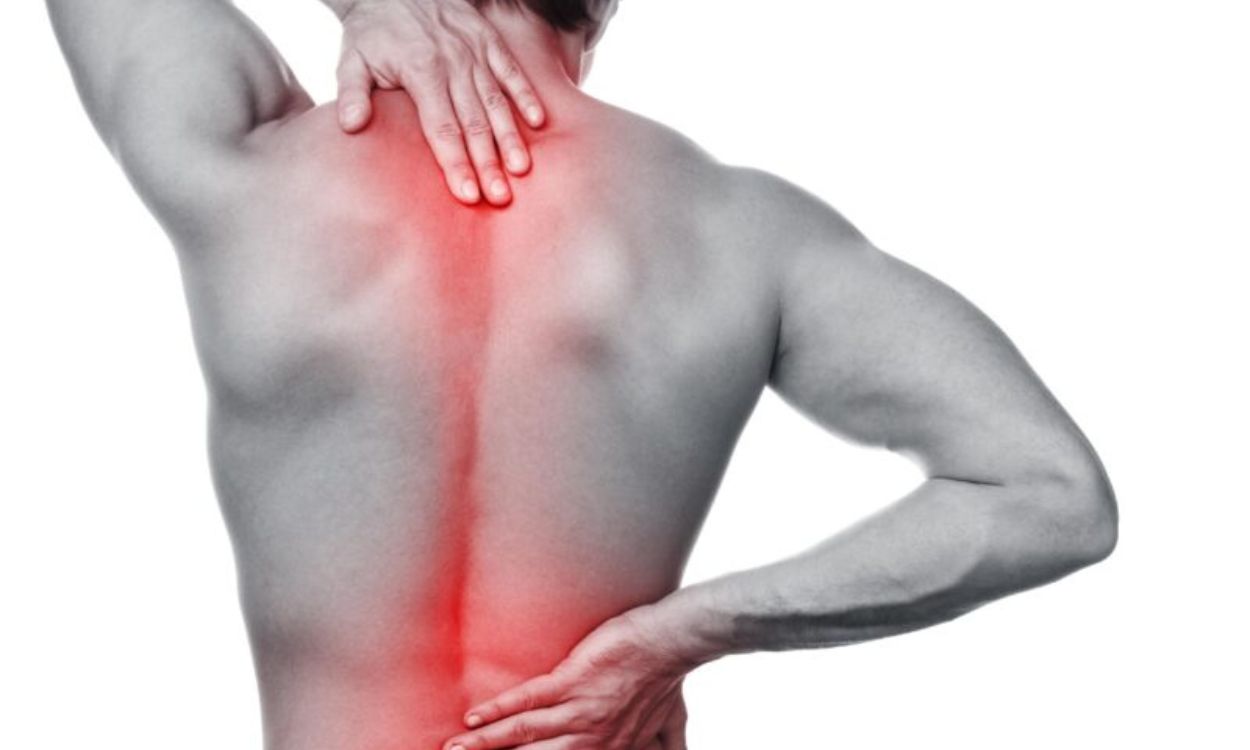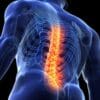Can Shoulder Pain Be a Result of a Spinal Cord Injury?
Shoulder pain is a common complaint that can arise from a variety of sources including overuse, trauma, and degenerative conditions. However, one often overlooked cause of shoulder pain is spinal cord injury. In this article, we will explore the relationship between spinal cord injuries and shoulder pain, shedding light on how these two seemingly distinct issues can be interconnected.
Understanding Spinal Cord Injuries
The spinal cord is a crucial part of the central nervous system, acting as a conduit for signals between the brain and the rest of the body. Spinal cord injuries (SCI) can result from trauma, such as car accidents, falls, or sports injuries, and can lead to permanent changes in strength, sensation, and other body functions below the site of the injury.
Types of Spinal Cord Injuries
1. Complete Injury: This type of injury results in a total loss of function below the level of injury.
2. Incomplete Injury: This type involves partial preservation of sensory or motor function below the level of injury.
Common Symptoms of SCI
– Loss of movement
– Loss of sensation, including the ability to feel heat, cold, and touch
– Loss of bowel or bladder control
– Exaggerated reflex activities or spasms
– Pain or an intense stinging sensation
How Spinal Cord Injuries Lead to Shoulder Pain
Nerve Compression and Damage
Spinal cord injuries can lead to nerve compression or damage which can manifest as pain in various parts of the body, including the shoulders. When the nerves that innervate the shoulder muscles are affected, it can result in pain, weakness, and limited range of motion.
Muscle Imbalance and Overuse
After a spinal cord injury, individuals often rely more heavily on their upper body for mobility and daily activities, especially if the injury has affected their lower body. This increased reliance can lead to overuse of the shoulder muscles, resulting in pain and inflammation.
Poor Posture and Biomechanics
Spinal cord injuries can also lead to altered posture and biomechanics. For example, individuals may slouch or lean to one side to compensate for their injury. These compensatory movements can place additional strain on the shoulder muscles, leading to pain and discomfort.
Diagnosing Shoulder Pain Related to Spinal Cord Injuries
Medical History and Physical Examination
A thorough medical history and physical examination are crucial for diagnosing shoulder pain related to spinal cord injuries. The healthcare provider will assess the patient’s injury history, pain characteristics, and functional limitations.
Imaging Studies
Imaging studies such as X-rays, MRI, or CT scans can help identify the extent of the spinal cord injury and any secondary issues such as nerve compression or muscle imbalances that may be contributing to shoulder pain.
Electromyography (EMG) and Nerve Conduction Studies
These studies can help assess the electrical activity of muscles and the speed of nerve signals, providing valuable information about the extent of nerve damage.
Treatment Options for Shoulder Pain Due to Spinal Cord Injuries
Physical Therapy
Physical therapy is often the first line of treatment for shoulder pain related to spinal cord injuries. A physical therapist can design a personalized exercise program to strengthen the shoulder muscles, improve flexibility, and correct any postural imbalances.
**Medications**
Medications such as nonsteroidal anti-inflammatory drugs (NSAIDs) or muscle relaxants can help manage pain and inflammation. In some cases, corticosteroid injections may be recommended.
**Assistive Devices**
Assistive devices such as braces or orthotics can help support the shoulder and reduce strain during daily activities.
Surgical Interventions
In severe cases, surgical interventions may be necessary to relieve nerve compression or repair damaged tissues.
Preventing Shoulder Pain After a Spinal Cord Injury
Ergonomic Adjustments
Making ergonomic adjustments to the living and working environment can help reduce strain on the shoulders. This includes using appropriate seating, positioning devices, and adaptive equipment.
Regular Exercise
Engaging in regular exercise that focuses on strengthening the shoulder muscles and improving flexibility can help prevent pain and injury.
Education and Training
Education and training on proper body mechanics and posture can empower individuals to manage their condition effectively and prevent shoulder pain.
Fitpaa: Your Partner in Health and Fitness
At Fitpaa, we understand the challenges faced by individuals recovering from spinal cord injuries and the importance of preventing secondary complications such as shoulder pain. Our end-to-end AI-driven metabolism monitoring and management technology is designed to help you achieve your health and fitness goals with guaranteed results.
Personalized Fitpaa Capsule
Our Fitpaa Capsule is a personalized health and fitness plan that includes medical therapy, medical exercise therapy, medical nutrition therapy, and cognitive behavior therapy. It is tailored to your unique needs, lifestyle, and health goals, ensuring that you receive comprehensive support.
Expert Team Support
With Fitpaa, you have access to a dedicated team of fitness planners, nutritionists, and doctors who will guide you every step of the way. They will regularly review your progress and make necessary adjustments to your plan to ensure you achieve your goals.
Real-Time Guidance and Motivation
Our Fitpaa Digital Therapeutic solution and Fitpaa Realtime Guidance technology provide you with constant support and motivation, helping you stay on track and committed to your fitness journey.
Download the Fitpaa App Today
If you are ready to take control of your health and prevent complications such as shoulder pain after a spinal cord injury, download the Fitpaa app today. Experience the joy of getting fit and excelling in life with the support of our expert team and state-of-the-art technology. Your well-being is our mission!











